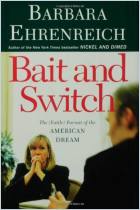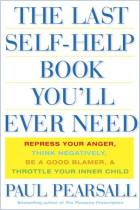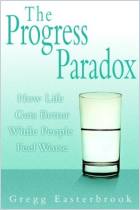Melden Sie sich bei getAbstract an, um die Zusammenfassung zu erhalten.

Melden Sie sich bei getAbstract an, um die Zusammenfassung zu erhalten.
Barbara Ehrenreich
Bright-Sided
How the Relentless Promotion of Positive Thinking Has Undermined America
Metropolitan Books, 2009
Was ist drin?
Pop culture’s push for positive thinking produces a bad backlash.
Recommendation
What could be wrong with thinking positively? Nickel and Dimed best-selling author Barbara Ehrenreich explores the origins of American optimism and reveals the cracks beneath its happy façade. The problem, she explains, is that staying positive regardless of your situation turns into self-delusion. Unchecked optimism can be dangerous, as illustrated by analysts who ignored the economic red flags preceding the financial meltdown of 2008. Ehrenreich’s caustic writing is entertaining, although the threads of her analysis can become frayed and tangled. Nonetheless, if a smiley face makes you frown, getAbstract recommends delving into the negative side of positive thinking.
Summary
About the Author
Barbara Ehrenreich, who wrote Nickel and Dimed and Bait and Switch, is a New York Times columnist and contributing essayist for Harper’s and The Nation.




















Comment on this summary
Professor Rosalba Hernandez, who led the study, said:
“Individuals with the highest levels of optimism have twice the odds of being in ideal cardiovascular health compared to their more pessimistic counterparts.
This association remains significant, even after adjusting for socio-demographic characteristics and poor mental health.”
Optimists also had healthier body mass indexes, were more physically active and less likely to smoke.
Researchers found that the more optimistic people were, the greater their overall physical health.
The most optimistic people were 76% more likely to have health scores that were in the ideal range.